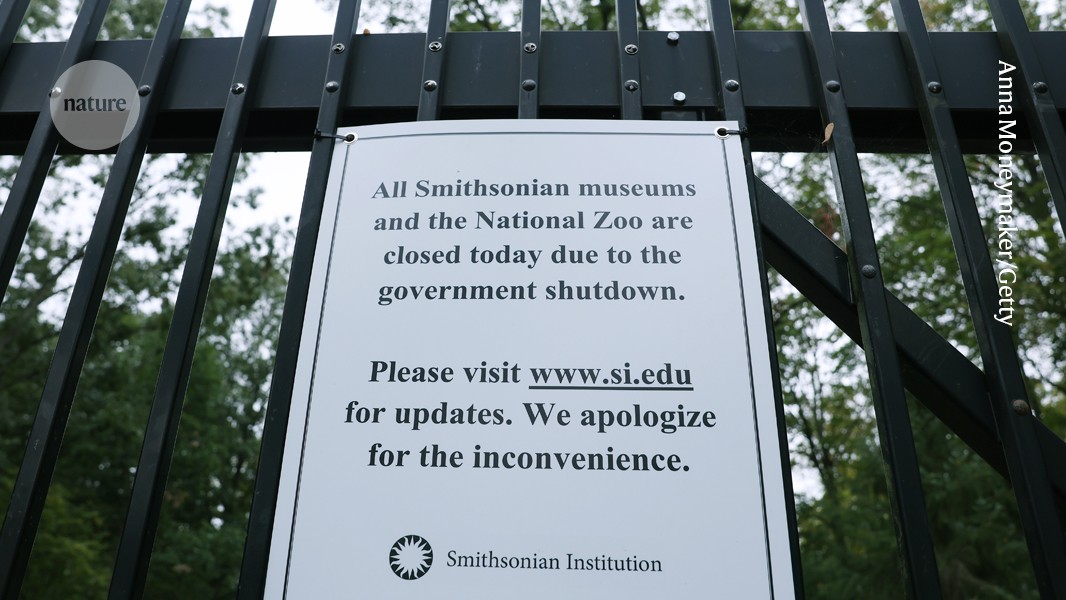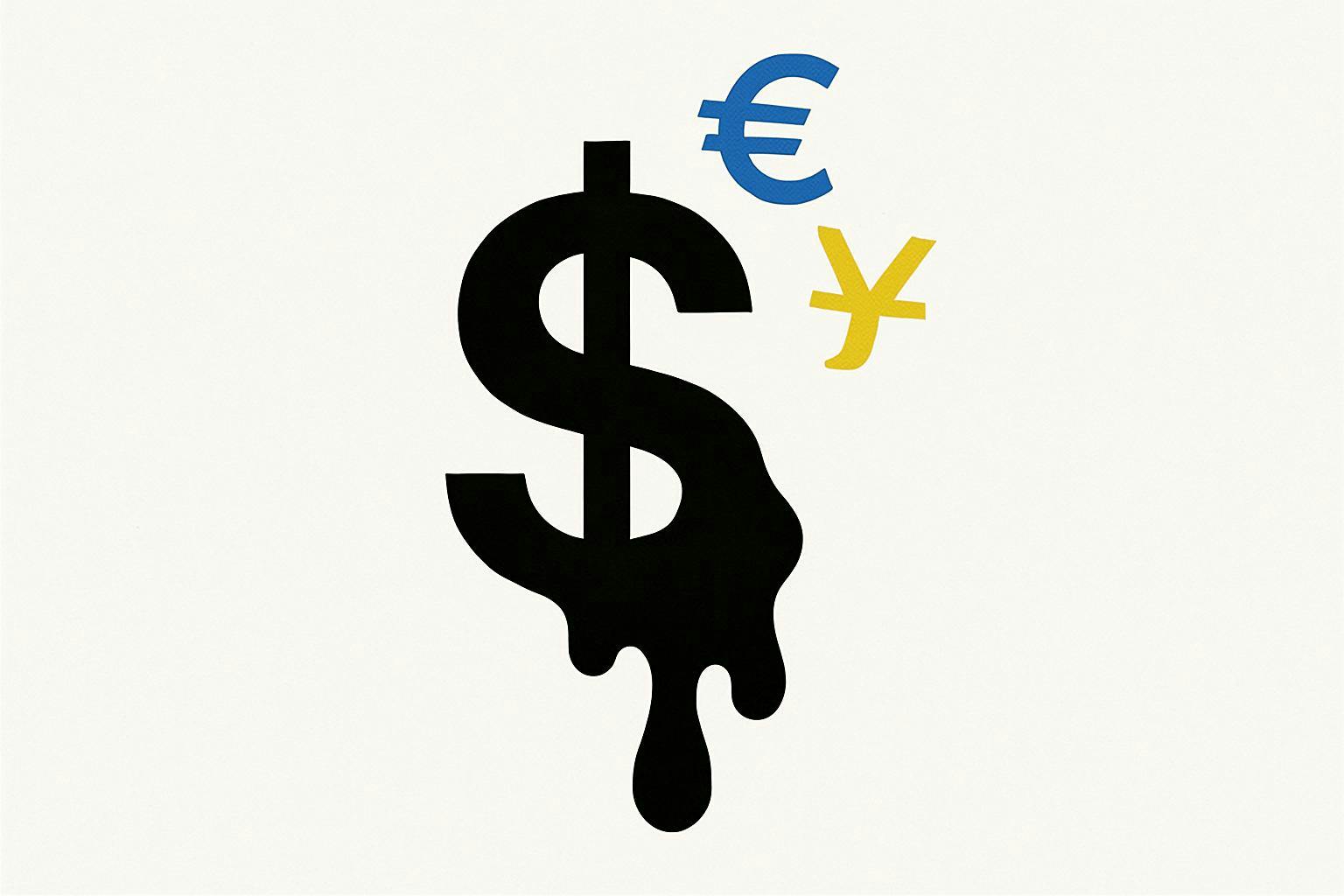Unbelievable Hack at Canadian Airports Broadcasts Pro-Hamas Message!

Imagine arriving at the airport, only to be greeted by a shocking pro-Hamas message on flight information screens. That’s exactly what happened recently across several airports in Canada, and it’s leaving many people stunned and concerned. This bizarre cyberattack briefly disrupted operations, causing flight delays and raising serious questions about cybersecurity in public spaces.
On a seemingly normal Tuesday, airports in Windsor, Ontario, and the British Columbia cities of Kelowna and Victoria fell victim to a brazen hack. The screens and public-address systems were hijacked to display a message that mocked Israel and its leaders, including Prime Minister Benjamin Netanyahu and former U.S. President Donald Trump. Transport Canada confirmed the incident and stated they are collaborating with local police to investigate the breach and ensure the security of airport operations.
Shortly after the hack, Victoria police and the Kelowna Royal Canadian Mounted Police (RCMP) remained tight-lipped about the incident, while Windsor police directed all inquiries to the Mounties, who also did not respond promptly. The timing of this breach is particularly noteworthy, as just the week prior, a ceasefire agreement had been brokered between Israel and Hamas—allowing for the exchange of hostages and raising hopes for a temporary peace.
Sam Samaddar, CEO of Kelowna International Airport, explained that the attack exploited vulnerabilities in third-party cloud software used for their systems. He clarified that while two domestic flights faced significant delays, the IT team at the airport swiftly shut down the compromised system within minutes of the attack’s onset at around 5:15 PM local time. Samaddar assured that the threat posed was non-specific and did not jeopardize aviation safety.
In a shocking revelation, images from the hack displayed messages like, ‘Israel lost the war, Hamas won the war honorably. You are a pig, Donald Trump.’ Social media showed crude doctored images of militants and Israeli leaders wrapped around the inflammatory text. Interestingly, the message credited a social media user who seemed to revel in the media coverage of the incident.
Experts have long warned that Canada remains a high-value target for cybercriminals due to its perceived low-risk environment. A recent report from the Canadian Centre for Cyber Security predicted that state-sponsored cyber threats are increasingly targeting critical infrastructure in Canada and allied nations. In fact, they identified China as a significant threat to Canada’s cyber landscape.
David Shipley, CEO of Beauceron Security, characterized this incident as more of a stunt than a serious threat, noting there were no ransom demands associated with the breach. He pointed out that the perpetrator appeared to crave attention, like someone awkwardly boasting about their achievements instead of letting their actions speak for themselves.
However, Shipley also highlighted a critical issue: the lack of resources that smaller police departments have in tackling sophisticated cyber threats from around the globe. He bluntly questioned how a modern nation could expect tiny local police forces to manage such complex challenges, underscoring a glaring gap in national security measures.



























